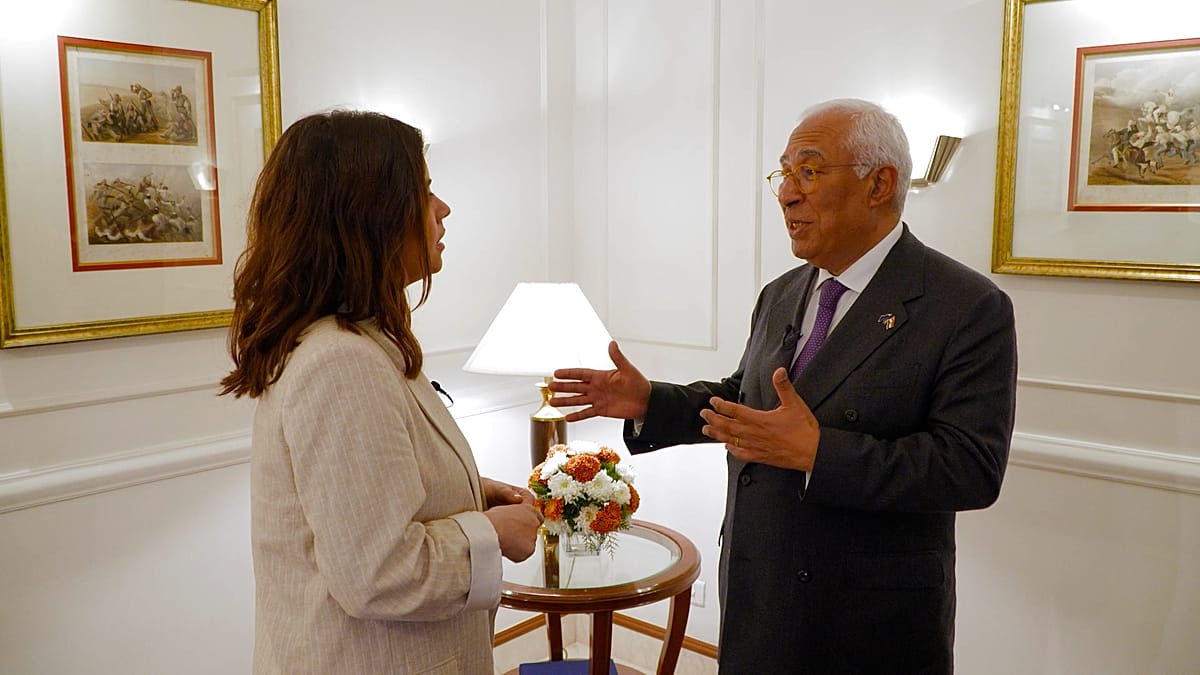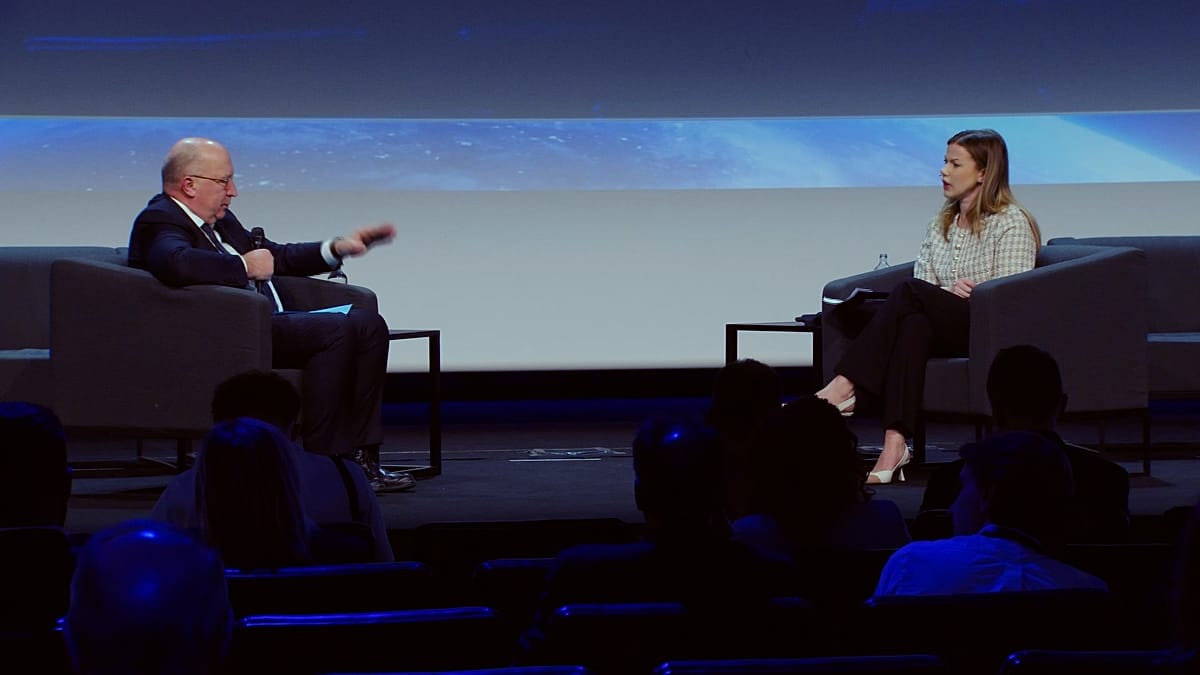
The multi-disciplinary land development and civil company marks 125 years since its beginnings as a two-man surveying practice in Dunedin.
Appropriately, the firm — which delivers engineering, surveying and planning services throughout the South Island — is bringing its staff to the city for its Christmas function.
Already the year has seen wider acknowledgement for Patersons which won the 2025 Consulting Surveyors of New Zealand (CSNZ) Business Excellence Award.
Presented at the Survey and Spatial New Zealand conference in Christchurch, the award acknowledged a standout business that “leads the profession through exceptional people practices, placing people at the heart of its culture and inspiring fellow CSNZ members”.
Patersons chief executive Korina Foot said the win reflected both a proud legacy and a shared future and it belonged to the firm’s entire team.
Patersons was founded in Dunedin in April 1900 by brothers Nathaniel and Edward Synge Paterson as a small surveying practice, under the name N & ES Paterson.
In 1975, a Queenstown office opened and, a decade later, the original business was taken over by Nigel Pitts and Murray Paterson under the name Paterson Pitts Partners Ltd.
A Cromwell office opened in 1993 and in Wānaka a year later and, in 1995, the Alexandra practice of McGeorge & Elder was acquired.
Offices opened in Christchurch and Oamaru in 2012 and 2023 respectively while the Paterson Pitts Group offices merged to form Patersons in November 2023.
Patersons now employs more than 100 staff across its seven offices and its project portfolio was varied, from master-planned communities like Northlake in Wānaka and Wooing Tree Estate in Cromwell, to residential development at Hanley’s Farm in Queenstown, infrastructure projects like the new Dunedin hospital, and suburban growth areas such as the Eccles Green subdivision in Halswell, Christchurch.
Ms Foot, who joined the firm as chief executive two years ago, said it was lovely to join a business with a milestone like its 125th anniversary on the horizon.
She started her career as a lawyer in private practice, where she realised that she liked to see her advice implemented. Sometimes what seemed fantastic in theory did not work out.
About eight years ago, she joined a high-tech manufacturing export business as general counsel and the company went through rapid growth.
With employment law expertise, she inherited HR and discovered she had a real passion for people and for seeing them do well.
After the business was bought out by a US corporate company, she continued to work for it and, with a desire to get into marketing, she was made marketing director.
When the chief executive role arose at Patersons, Ms Foot saw an opportunity to return to her roots with professional services and she also saw where she believed she could add value.
The business had undergone a huge amount of change since she had been at the helm and, throughout the brand refresh, she was very conscious of acknowledging the past while also showing it was a future-focused firm, she said.
With long-standing staff of up to 40 years, much of her role had been visiting the various offices and explaining what the changes meant to them, and the recent award also reflected those changes and what staff had been through, she said.
Aside from the introduction of innovation and technology — surveyors in the old days were referred to as chain men as they measured with a chain — which saw high-tech drone and surveying equipment transform day-to-day operations, the proper centralisation of the business had been the biggest change, she said.
When the firm had previously expanded, the name was kept but the various offices tended to operate as separate businesses.
When she came on board, she noted that it might have 100-odd staff but really it was “a business of 20 here and 15 here and 10 here” — and she wanted to bring everyone together as one organisation to leverage off its scale.
With everyone on different IT systems, there was a lot of work to do operationally. Both IT and HR departments were created, finance was centralised and a part-time marketing person was hired. Two years later the business was fully integrated and staff could work across offices.
With her background in HR and with an operational mindset, the role was her “wheelhouse”. She loved connection with people and also creating operational efficiencies.
It had been a big project but one that had been hugely rewarding. Now the firm could grow and take on larger projects.
She believed Patersons held a niche in the market and she believed it could compete with the bigger players in the industry if it continued to grow.
One of its big values was being local and she saw that as a huge example but, citing the likes of designing the luge tracks around the world for Skyline, it was also a global company.














